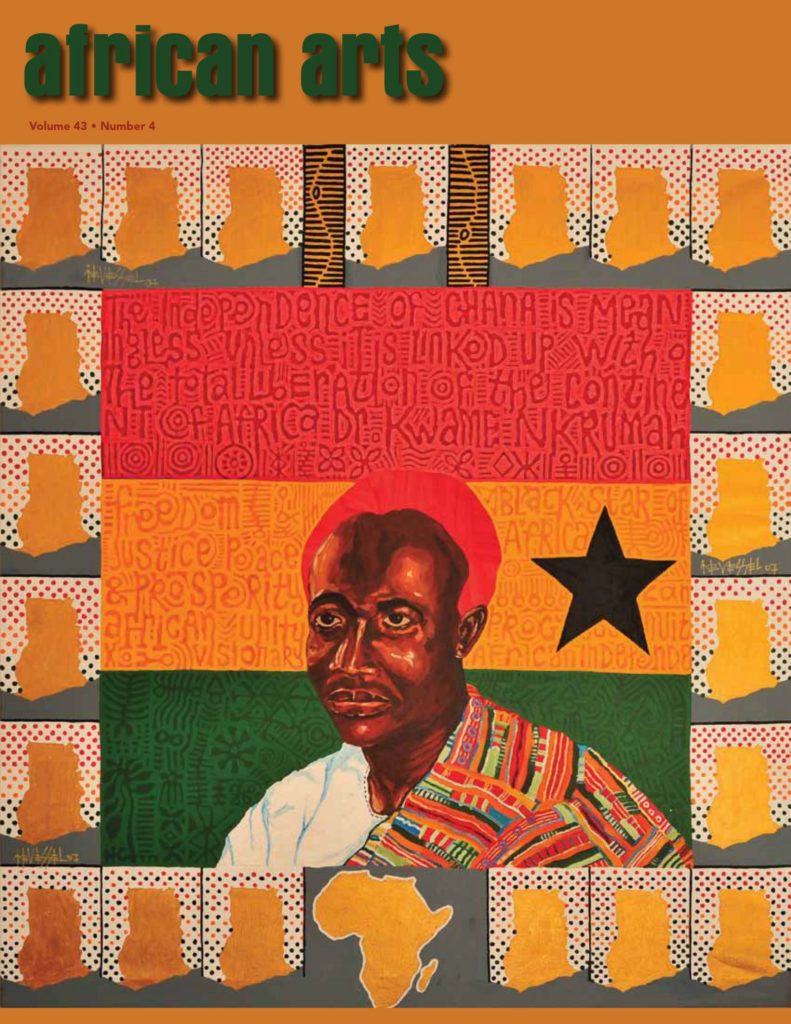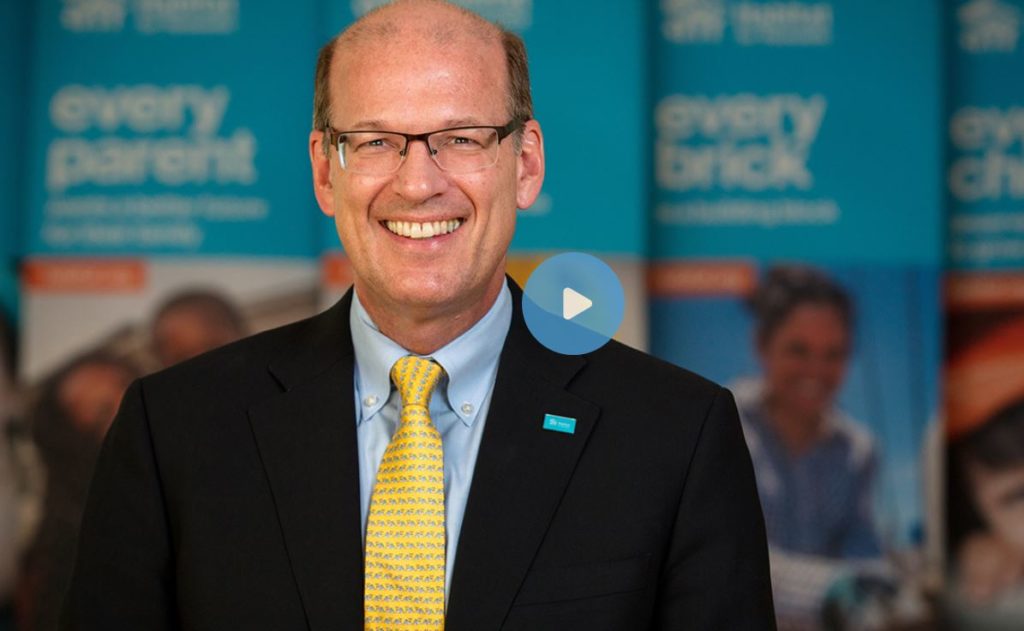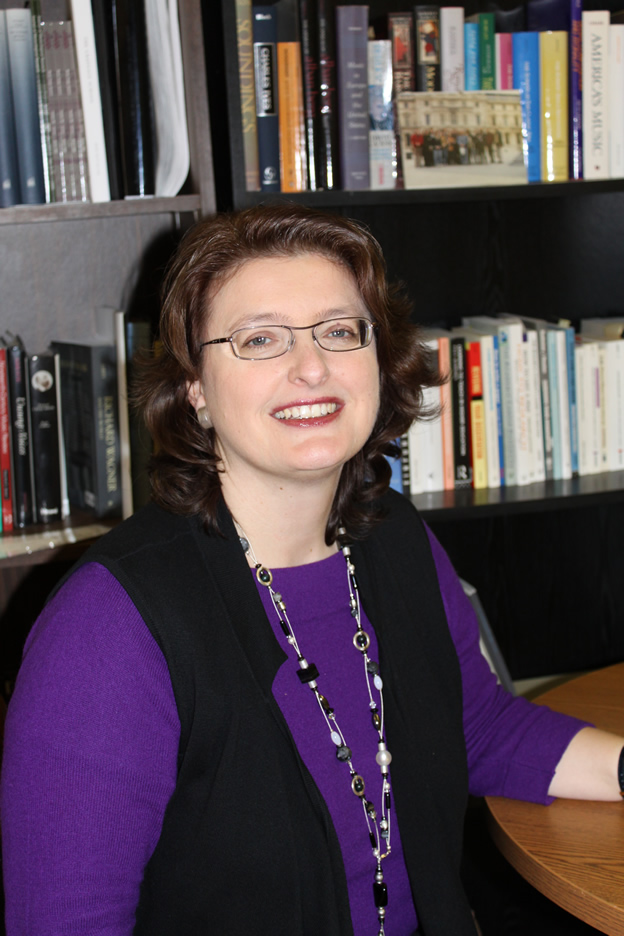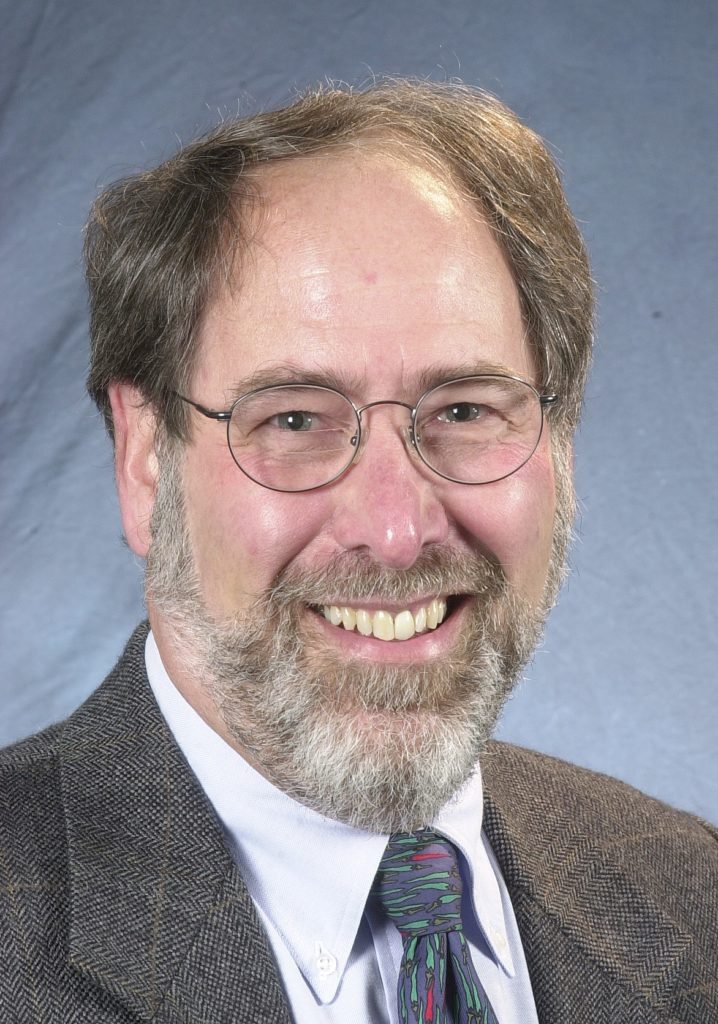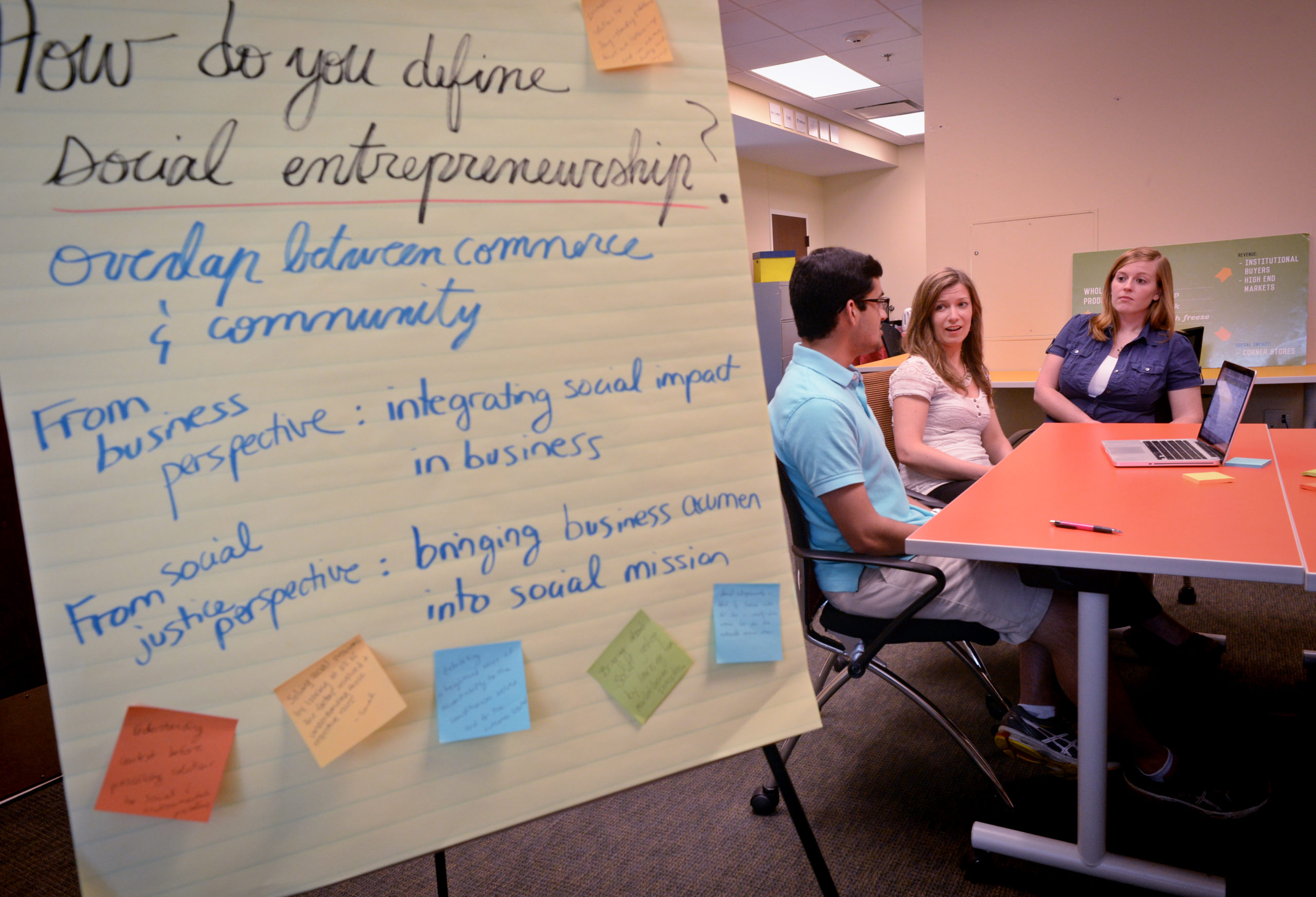
Pershad, co-founder of SUCCEED Inc.; at right is Allison Norman, founder of “Made With Love” bakery.
Imagine what it is like to be at the center of a perfect storm.
Not the kind with destructive winds and waves, but the kind where creative ideas take form and gather force and focus so they can one day impact the world.
At Carolina, the conditions for that perfect storm are created on the third floor of the Campus Y – in a space called the CUBE, which stands for Creating University Born Entrepreneurs.
The person at the center of the CUBE since its inception is Mathilde Verdier, a 2006 global studies graduate originally from France who understands firsthand the influence the Campus Y can have on students’ lives.
As an undergraduate, Verdier wanted to launch a public awareness campaign and raise funds to combat human trafficking. She approached the director of the Campus Y, stated her mission and was told: “Welcome, this is the right place for you to be.”
There, Verdier said, she founded a student organization that began with two supporters and grew into a network of more than 500 in a matter of weeks. “At the Campus Y, I learned the power of mobilizing talent and energy to make things happen, literally from paper to action,” Verdier said.
After graduation, that same passion to effect change took her to Ethiopia, where she stayed almost four years. She worked first with the United Nations High Commissioner for Refugees and later with the International Rescue Committee to provide emergency relief and protection for refugees in Ethiopia.
Although these international organizations provided life-saving services to refugees and Ethiopians who had become internally displaced, Verdier discovered that traditional top-down approaches designed to please donors abroad excluded local individuals as part of the solution. She believed people affected by these crises deserved to have a say in their future.
“To see people day in, day out, have no power over the outcome of their lives, just viewed as a beneficiary, as a statistic, as a number on a donor report, was deeply troubling to me,” Verdier said. “People deserve to be included in the change they hoped to see in their communities, rather than be seen as passive recipients.”
She felt that she could no longer work this way and later was recruited as a business development consultant at Digital Opportunity Trust, an international social enterprise working to raise employment and income levels of youth.
It was an organization that understood the hidden power of grassroots solutions waiting to be unlocked, Verdier said.
It had no office, and the team worked out of people’s homes, she said. All the team members except Verdier and her boss were young college-educated Ethiopians who understood local context and were excited about changing the future of their country.
What began as a small pilot program led to a $10 million grant to scale it “because we had proof that the model really worked,” Verdier said. The group collaboratively created what would become Ethiopia’s first tech innovation hub supporting early-stage business ideas for university students in the nation’s capital – all happening inside the walls of an abandoned shipping container.
For Verdier, the experience was eye opening.
“What that experience gave me, juxtaposed with everything that came before it, was the possibility of true change,” she said. “If you really leverage local talent and local resources, inspire and build that talent, you can truly make a transformative impact for the long term.”
Verdier might still be in Ethiopia if not for the 13 parasites that invaded her body and forced her to return to the United States.
In January 2012, she was back at Carolina for a visit. When she passed the Campus Y, she saw Lucy Lewis, the assistant director she knew as a student. “I ran up and gave her a big hug,” Verdier said.
When Verdier explained her work in Ethiopia, Lewis told her about Richard Harrill, the Campus Y’s new director, and his vision of starting a social innovation incubator.
With her experience in entrepreneurial development, Verdier was a natural fit to coordinate the new endeavor. She began work just weeks later, and that same semester four ventures were accepted from a pool of 20 applicants for a two-year residency in the CUBE. This spring, 10 new ventures were selected from a pool of 40 applicants.
Verdier is the program coordinator of UNC’s Social Innovation Initiative, but she sees herself as a connector helping entrepreneurs put their ideas for social innovation into action.
“Whether they are undergraduate or graduate students, MBAs, faculty or staff, if they are entering into the social innovation space, this is the hub to get connected and get plugged in.” Verdier said.
The CUBE has succeeded by applying that same dynamic for making connections across campus.
When money is scarce, forging partnerships and connections with outside resources is even more critical, Verdier said. Key partners include Kenan-Flagler Business School, the School of Law, the School of Journalism and Mass Communication and the Department of Computer Science, among many others, Verdier said. Thanks to this campus-wide support, the CUBE has been able to establish a Social Entrepreneur-in-Residence program and deliver more than 30 workshops on a range of topics – all free of charge.
“The core of entrepreneurial thinking is figuring out how to have maximum impact with very limited resources,” Verdier said. “In a sense, the CUBE is a startup that has applied the same principles that we are teaching. The key is to start small, working with the resources you have, and iterate until you figure out what works.”
At universities across the country, students gain recognition simply for launching a new idea with a social mission. But at the CUBE, there’s a real focus on accountability and reaching impact goals, Verdier said.
“We have dumped the prizes for participation and focused instead on rigorous evaluation of social impact,” she said. “CUBE ventures only receive seed capital if they meet their benchmarks and it’s our ethos to continuously mandate that impact has to be evaluated. Ventures can successfully scale, but the question is, will they matter? How can those products or services make the most difference?”
It is interesting to see how things have come full circle, Verdier said. “It has been so rewarding to be able to share the lessons I learned in Ethiopia with students at the Y, where that purposeful journey all started for me.”
By Gary Moss, University Gazette

